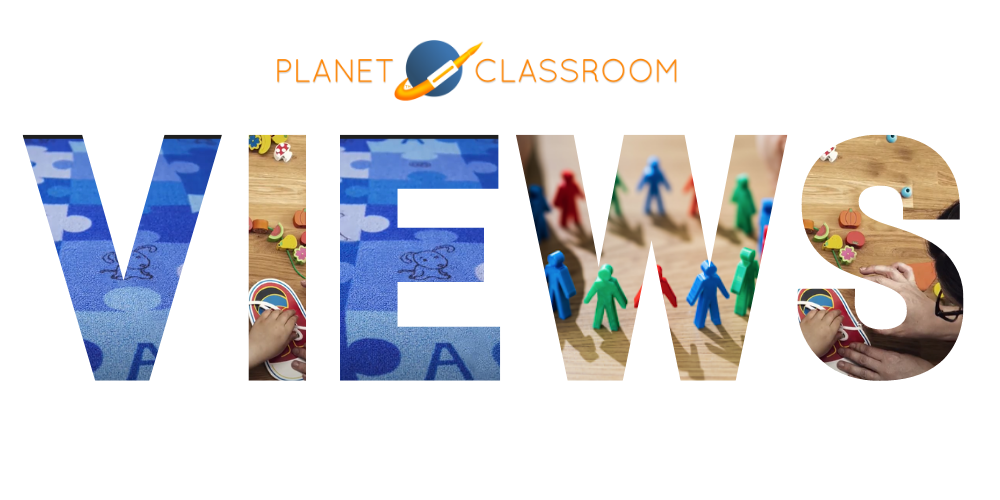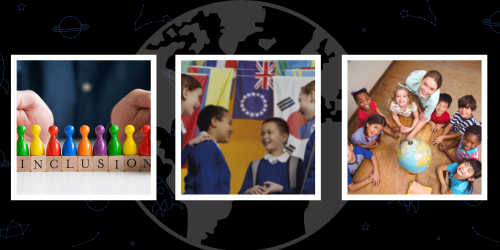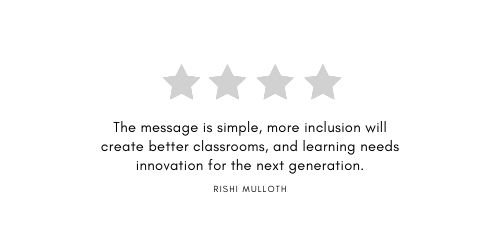
Von Rishi Mulloth
In today’s education system, even at the elementary level, students are segregated by learning ability and social prowess. This causes some children to excel while others are left behind, struggling to keep up. In the short educational video by youth producer Justine DeJesus, How Can We Become More Inclusive, these educational pitfalls are explored, and suggest that our system is hurting more students than it is actually helping. A solution is to make education, especially early education, more accessible, more diverse, und am wichtigsten, more inclusive. DeJesus suggests that different teaching lessons, as well as having students interact with a more diverse body of children, might actually help kids learn more social skills. It also may nurture learning in fun and creative new ways. This idea of inclusion will help to foster relationships between students that wouldn’t have happened in segregated classrooms. Might this lead to less students being left behind?
How Can We Become More Inclusive was curated for the Planet Classroom Network as part of a Problemlöser series initiated by Planet Classroom. This short student film illustrates a major flaw in the schooling system, and gives a better and attainable solution that would foster only positive growth in education. The message is simple, more inclusion will create better classrooms, and learning needs innovation for the next generation.
This educational video is easy to follow and provides great insight into an issue that most people usually don’t think twice about. Jedoch, education is a vital part of building the next generation to be successful, and this film desires that every student, not just the ones that fit well into the system, will excel in their educational endeavors. I highly recommend this film, and I think it is a great addition to the Problemlöser Serie. Ich gebe diesen Film 4 von 5 Sterne.
Rishi Mulloth ist ein frischgebackener Absolvent der University of Pittsburgh mit Abschlüssen in Film- und Medienwissenschaften sowie Wirtschaftswissenschaften, und studiert an der University of Scranton einen Master in Business Analytics.




Jüngste Kommentare